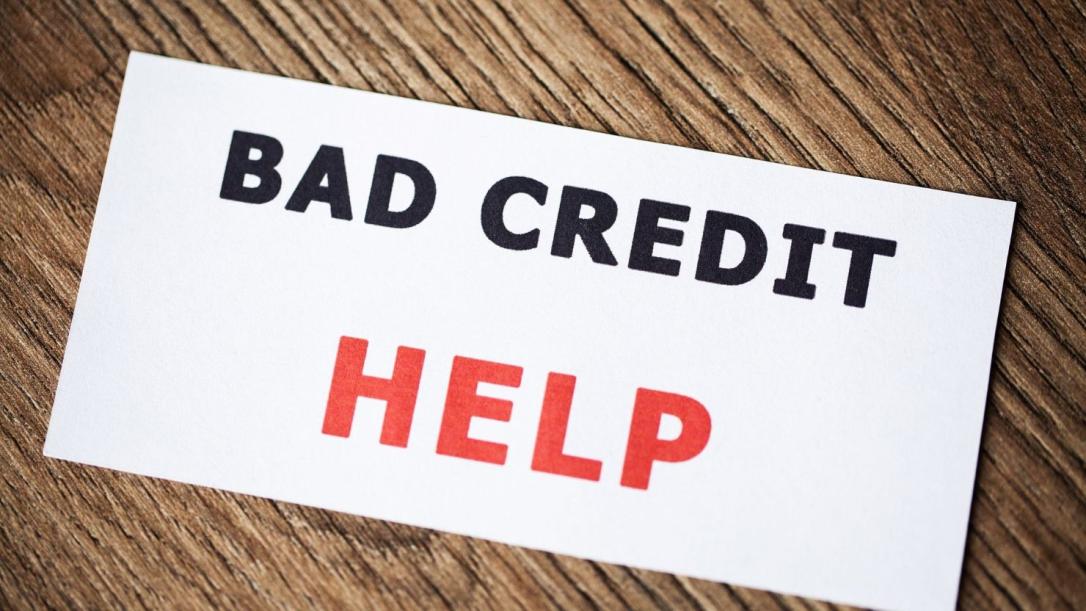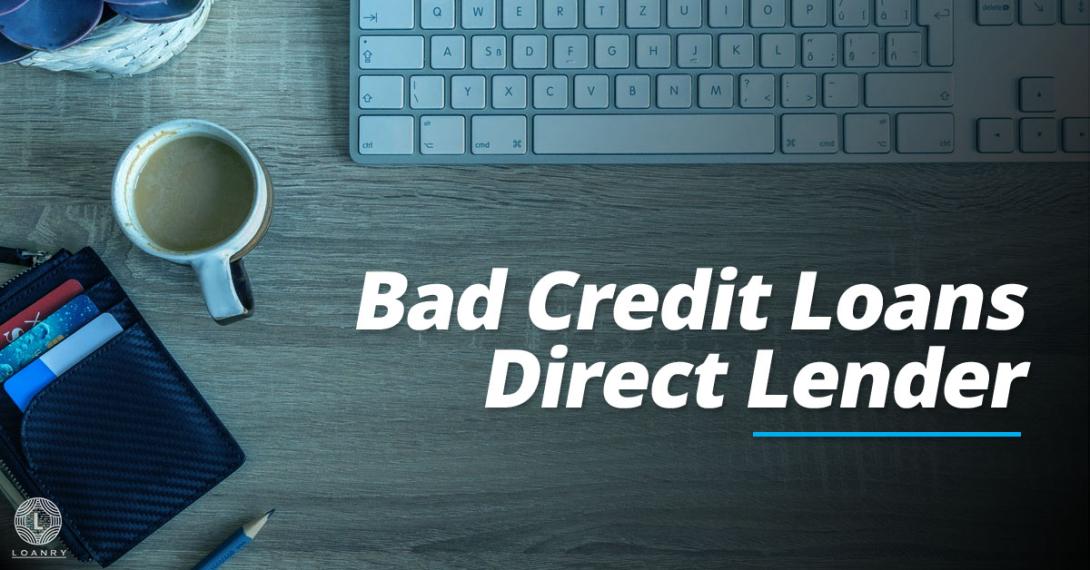Are There Any Government Programs or Non-Profit Organizations That Can Help Me Avoid Payday Loans?
Payday loans are short-term, high-interest loans that can trap borrowers in a cycle of debt. These loans are often marketed to people who need cash quickly and who may not have access to traditional banking services. Payday lenders typically charge very high interest rates and fees, which can make it difficult for borrowers to repay their loans. If you are considering taking out a payday loan, it is important to be aware of the risks involved and to explore other options that may be available to you.

Government Programs
The Consumer Financial Protection Bureau (CFPB)
The CFPB is a federal agency that regulates payday loans and other consumer financial products. The CFPB has a number of regulations in place that are designed to protect consumers from predatory lending practices.
- Limits on interest rates and fees: The CFPB has set limits on the interest rates and fees that payday lenders can charge. These limits vary depending on the state in which the loan is made.
- Ability to repay: The CFPB requires payday lenders to assess a borrower's ability to repay a loan before making the loan. This assessment must consider the borrower's income, expenses, and other debts.
- Cooling-off period: The CFPB requires payday lenders to give borrowers a cooling-off period of at least three days before they can withdraw money from a payday loan. This cooling-off period gives borrowers time to reconsider their decision to take out a loan.
Consumers who have been harmed by a payday lender can file a complaint with the CFPB. The CFPB can investigate complaints and take action against payday lenders who violate the law.
The Federal Deposit Insurance Corporation (FDIC)

The FDIC is a federal agency that insures deposits in banks and credit unions. The FDIC also has a number of programs that are designed to help consumers avoid predatory lending practices.
- Bank On program: The FDIC's Bank On program provides access to affordable banking services for low-income individuals and families. Bank On banks and credit unions offer a variety of services, including checking and savings accounts, debit cards, and online banking.
- FDIC-approved financial education programs: The FDIC offers a number of free financial education programs that can help consumers learn about budgeting, saving, and avoiding debt. These programs are available online and at FDIC-approved financial education centers.
Consumers who are struggling to find a bank or credit union that offers affordable services can visit the FDIC's Bank On website to find a Bank On-certified bank or credit union in their area.
The National Credit Union Administration (NCUA)

The NCUA is a federal agency that regulates credit unions. The NCUA has a number of regulations in place that are designed to protect consumers from predatory lending practices.
- Payday Alternative Loan (PAL) program: The NCUA's PAL program provides small, short-term loans to credit union members at affordable rates. PALs are designed to help credit union members avoid payday loans and other high-cost forms of credit.
- Credit union membership: Credit unions are not-for-profit financial cooperatives that are owned by their members. Credit unions typically offer lower interest rates and fees than banks and other financial institutions. Consumers who are looking for a safe and affordable place to save and borrow money should consider joining a credit union.
Consumers who are interested in learning more about PALs or credit union membership can visit the NCUA's website.
Non-Profit Organizations
The Center for Responsible Lending (CRL)
The CRL is a non-profit organization that promotes responsible lending and protects consumers from predatory lending practices. The CRL has a number of resources for consumers, including information on payday loans and alternative lending options.
- Payday loan fact sheet: The CRL's payday loan fact sheet provides information on the risks of payday loans and how to avoid them. The fact sheet also includes a list of alternative lending options that consumers can consider.
- Find a responsible lender: The CRL's Find a Responsible Lender tool helps consumers find lenders that offer affordable loans and fair terms.
- Get help with debt: The CRL's Get Help with Debt program provides free and confidential debt counseling to consumers who are struggling with debt.
Consumers who are interested in learning more about the CRL or its resources can visit the CRL's website.
The National Consumer Law Center (NCLC)
The NCLC is a non-profit organization that protects consumers from unfair and deceptive practices. The NCLC has a number of resources for consumers, including information on payday loans and how to avoid them.
- Payday loans: The NCLC's payday loans page provides information on the risks of payday loans and how to avoid them. The page also includes a list of state laws that regulate payday loans.
- Consumer Action Center: The NCLC's Consumer Action Center provides free and confidential legal advice to consumers who are struggling with debt or other consumer problems.
Consumers who are interested in learning more about the NCLC or its resources can visit the NCLC's website.
The National Foundation for Credit Counseling (NFCC)
The NFCC is a non-profit organization that provides consumers with free and confidential financial counseling. The NFCC has a number of resources for consumers, including information on payday loans and debt management.
- Payday loan debt help: The NFCC's payday loan debt help page provides information on how to get out of payday loan debt. The page also includes a list of resources that can help consumers avoid payday loans in the future.
- Debt management plans: The NFCC's debt management plans can help consumers get out of debt and improve their credit score. Debt management plans are typically designed to last for three to five years.
- Financial education: The NFCC offers a number of free financial education programs that can help consumers learn about budgeting, saving, and avoiding debt. These programs are available online and at NFCC-approved financial education centers.
Consumers who are interested in learning more about the NFCC or its resources can visit the NFCC's website.
There are a number of government programs and non-profit organizations that can help consumers avoid payday loans. These programs and organizations offer a variety of resources, including information on payday loans, alternative lending options, and debt management. Consumers who are considering taking out a payday loan should explore these options before resorting to a payday loan. Payday loans can be a very expensive and risky way to borrow money. By exploring other options, consumers can avoid the debt trap of payday loans and improve their financial situation.
YesNo

Leave a Reply